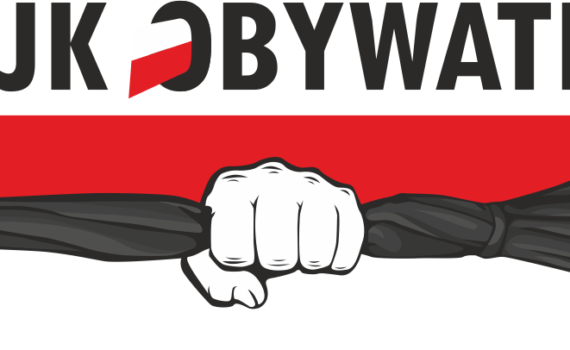
Freedom of Assembly Undermined in Poland
In September, Jarosław Kaczyński told members of his party (Prawo i Sprawiedliwość, or PiS) that they should prepare themselves psychologically for a significant increase in tension towards the end of the year, and be ready for a true test of their will. I think we know now what he was talking about.
With the catastrophic American elections, then the Austrian and Italian elections, then the ongoing fiasco of Brexit, then all the other events of this year’s horrible November rushing past us, few outside of Poland have noticed one of the most frightening developments since PiS took power one year ago.
In the middle of November a new law on public assembly was proposed, and it was rushed through the lower house (the sejm) this past week. It is now before the senate, moving as quickly as it did in the lower house. After the president signs it—which he will, because he must follow instructions from Kaczyński—it will then become law. The Constitutional Court is powerless to stop it, because earlier this year the government established the precedent that it will simply ignore court rulings it does not like. But the unconstitutionality of the new law seems beyond question.
The law might seem benign at first glance: it purports to establish rules to secure public safety by empowering the government to prevent competing public gatherings from overlapping. One can imagine, for example, that the police might want to avoid rallies by neo-fascists and anarchists at the same place at the same time. Fair enough. But that’s just the fig leaf covering the most profound violation of the right of free assembly seen in Poland since 1989, because the meat of the legislation is a provision establishing a prioritization for resolving scheduling conflicts. According to the new law, if the government or the Catholic Church announces a public event, then no other event can legally be held at the same time or place. Moreover, the law is retroactive: an official event will force the cancellation of any previously scheduled non-governmental event.
When an opposition senator protested that this was a return to restrictions that Poles struggled against during the period of martial law in the early 1980s, Senator Waldemar Bonkowski (PiS) responded that there was no comparison, because “that government was imposed on us by foreigners. This is a democratically elected government. The majority of society supports this government, and it has a duty to protect the security of the citizens.” He went on to say that there were protests in Poland all the time, so how could anyone speak of a threat to democracy? Yes, there are lots of protests, but now the government has given itself a framework for blocking them.
If there was any doubt where this was heading, TVP (the regime’s propaganda organ) has recently been spreading blatant lies about the intentions of the Committee for the Defense of Democracy (Komitet Obrony Demokracji, or KOD). We are to believe that this organization is planning to use violence to overthrow the government of Poland, and that they are posing a serious threat to public safety. Obviously no one who has seen a KOD march or knows anything about the organization could believe such absurd disinformation, but those who live outside the major urban areas might. Given the media bubbles of our post-fact world, such deceit takes on new power.
On December 13 KOD is planning a major protest demonstration, scheduled to coincide with the anniversary of the declaration of martial law in 1981. Then as now, December is a good time for autocratic Polish governments to crack down on the opposition, because the cold weather and early darkness makes it a lot harder to mount any sort of public protests. We’ll see if that tactic works this time.
One way or another, the struggle for democracy in Poland has entered a new phase.